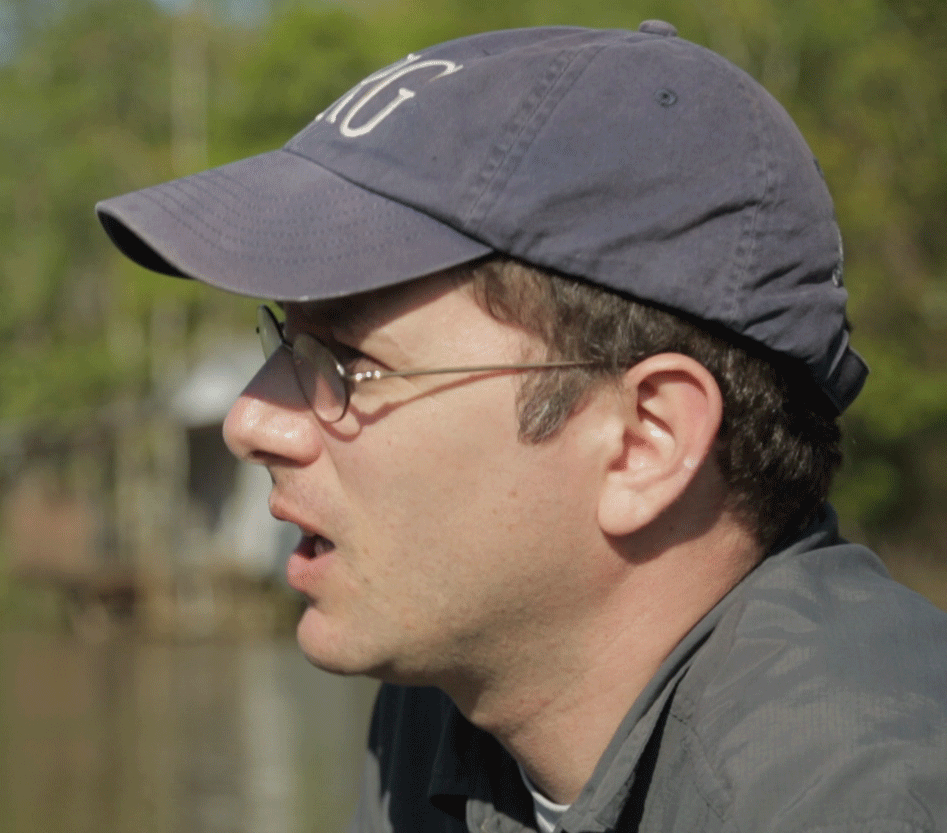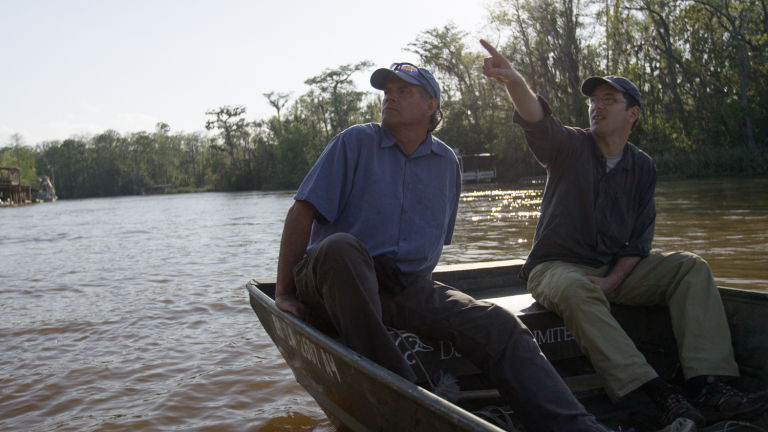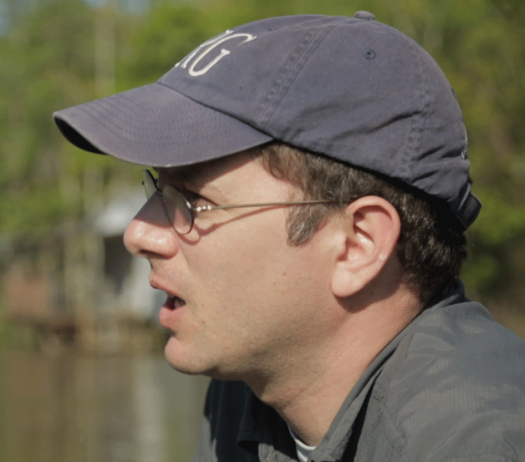Extreme rainfall : how to better prevent it ? Pr. Adam Sobel


Armed with the credibility and momentum that the Award provided, Prof. Sobel took off developinghis innovative research program, focusing on the development of a novel method for understanding and predicting extreme rainfall events. With AXA’s support, this project has been able to depart from traditional climate modeling approaches, and the truly new science it is developing is beginning to bridge the gap between academic climate science and its critical applications in the world.
Physics to Predict Extreme Precipitation
What makes this approach special is that any extreme rainfall event results from the interaction of many different meteorological phenomena happening in the atmosphere at once: temperature gradients, heat transfer, condensation of water vapor in clouds… There’s a lot to untangle if you want to work out how they come together to produce the severe precipitation that has equally severe consequences. Concentrating on subtropical to midlatitude regions, Prof. Sobel and postdoc Ji Nie developed a new way of modeling extreme rainfall using the fluid dynamics of the weather systems, rather than statistical approaches. This allows them to tease apart the different physical factors involved in the weather event and to better understand the basic physics governing extreme precipitation.
The unconventional approach has proven very successful. The model yields realistic simulations of past storms, based on the input of partial data that might typically be available before such an event. In one case, Prof. Sobel’s team studied a major past flooding disaster that took place in Pakistan in 2010. Using their innovative model, the researchers were able to understand the relative importance of the different meteorological factors involved and identify the two most significant: the very moist air from the tropical oceans, and the winds steering it toward the Himalayan plateau. This technical achievement reveals a solid theoretical understanding of how such rainfall events work. The method can now be applied to future precipitation scenarios, letting the model serve as a tool for understanding and predicting how much the intensity of heavy rainfall could increase in a warming climate.

Groundbreaking Results Impact Academia and Government
This new research represents the first significant extension of Prof. Sobel’s groundbreaking earlier work. Focused on tropical regions, it was widely adopted by the field as a framework for future studies. The AXA Research Fund project has allowed him to build on that success and adapt the model for the subtropics and midlatitudes. Based on early responses to this new work, it stands to have a similarly large impact in the academic community today. This is because the liberty to create such an innovative research program enables groundbreaking results—one reason why Prof. Sobel believes the true influence and value of his AXA Research Fund grant will exceed what a simple publication count can measure.
Beyond academia, the knowledge they are producing may be used by government policy makers who are starting to take climate projections into account. In Prof. Sobel’s state of New York, for example, the Department of Environmental Conservation issues building permits for new facilities. To obtain federal funding for such a project, applicants must show that the construction will be resistant to climate change—that a building on the coast, for instance, will not be overtaken by sea level rise. The same will be true for extreme rainfall and his research could contribute to informing city planners of what to expect from future precipitation events and how best to prepare. Through Sobel’s activities in both research and public communication, he has come into better contact with such potential users of climate risk information, including developing a new collaboration with the New York City Office of Emergency Management to better assess the potential economic damage from future Sandy-like events.
Climate change attribution—identifying climate change as a factor contributing to a specific climate event—is another area where this research is beginning to have an effect. Prof. Sobel’s results help make it possible to identify when climate change has made a given event more intense than it would have been otherwise. The field is relatively new and in 2015 the U.S. National Academy of Sciences convened a group of experts to issue a report on the agreed-upon science, expert assessments and specific objectives. Prof. Sobel was asked to join this Committee on Extreme Weather Events and Climate Change Attribution, something he attributes in part to his visibility, which had only increased with the recognition of the AXA award.
Prof. Sobel is very well aware that not only expert committees and government agencies need to know about the threat of extreme weather events. He actively reaches out to public audiences, producing op-ed pieces, writing a book and speaking at events, like an AXA roundtable discussion on climate risks. Receiving the AXA Award has provided him with a certain obligation and justification for committing time to these activities. It has also assisted him with this outreach through new opportunities offered, such as a video on better prediction of extreme weather events, produced with National Geographic.
In the research as in the outreach, Prof. Sobel found the AXA funding scheme more conducive to creativity than most programs. The new science it makes possible is a very important specificity of the AXA funding, he believes. In contrast to grant proposals written for other agencies, where peer reviewers seek assurances that a project will work in the end, with the AXA Award Prof. Sobel was able to pitch a research program that did more than just play it safe. Though difficult to quantify, he says, this “freedom factor” cannot be overestimated.



